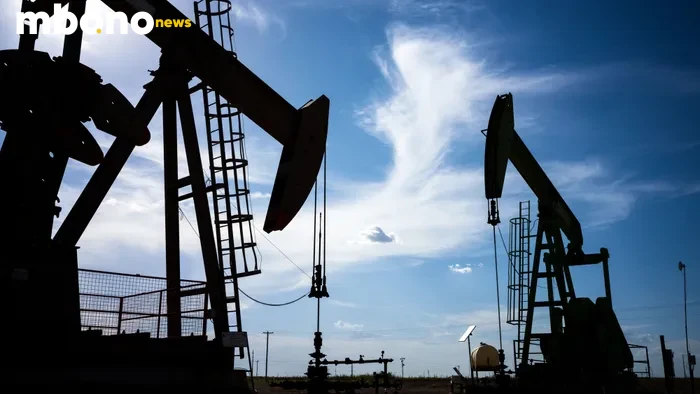Washington, D.C. / Johannesburg – In a bold diplomatic and economic maneuver, South Africa has proposed a $1 billion annual liquefied natural gas (LNG) import deal with the United States, hoping to secure key trade concessions and protect its economy from looming U.S. tariffs.
The 10-year LNG pact, reportedly discussed in high-level talks between President Cyril Ramaphosa and former U.S. President Donald Trump, would ensure South Africa’s continued duty-free exports of cars, steel, aluminum, and auto parts to the U.S.—a vital lifeline for its industrial sector.
In return, the U.S. would gain a reliable LNG buyer and investment opportunities in South Africa’s growing gas infrastructure, including fracking operations that have stirred environmental controversy at home.
Trade Minister Parks Tau hailed the proposal as a strategic move to diversify South Africa’s energy mix and safeguard jobs, particularly as the country faces potential exclusion from the African Growth and Opportunity Act (AGOA)—a U.S. trade program that grants African countries preferential access to American markets.
The deal also arrives amid tense diplomatic undertones, intensified by Trump’s renewed rhetoric around the so-called “white genocide” narrative in South Africa. Still, Ramaphosa’s U.S. visit managed to secure pledges for continued economic collaboration and American involvement in the upcoming G20 summit in Johannesburg.
“This is more than a gas deal—it’s about economic survival, energy diversification, and positioning South Africa as a competitive player in the global trade landscape,” said one senior official close to the negotiations.
The proposed agreement could reshape both countries’ energy and trade dynamics, but it may also trigger political pushback, particularly from environmentalists and trade justice advocates.
